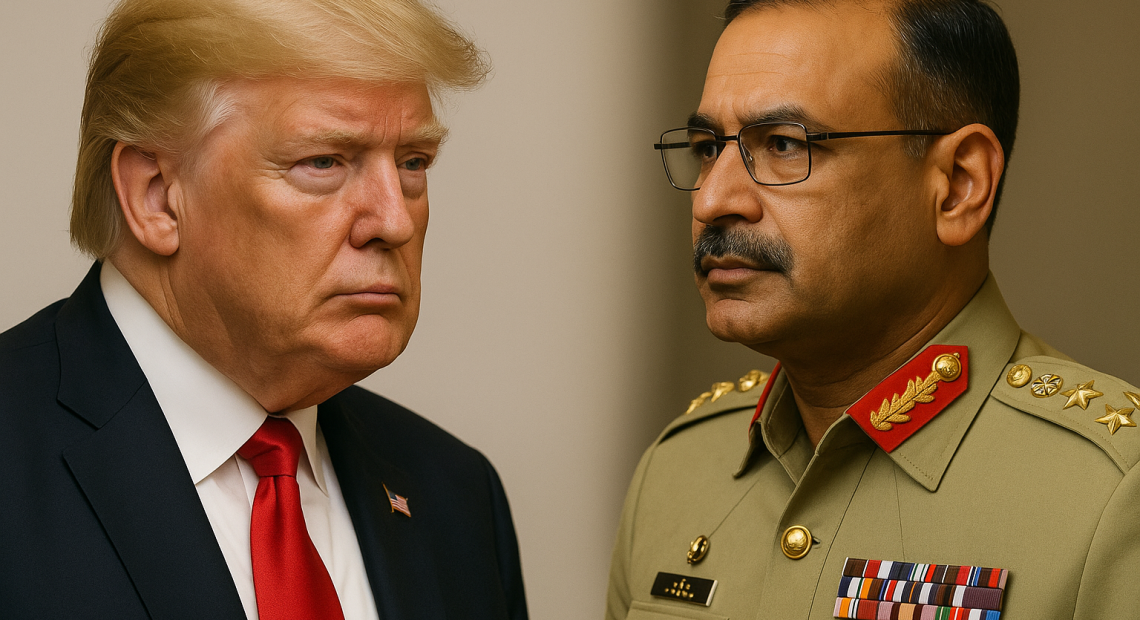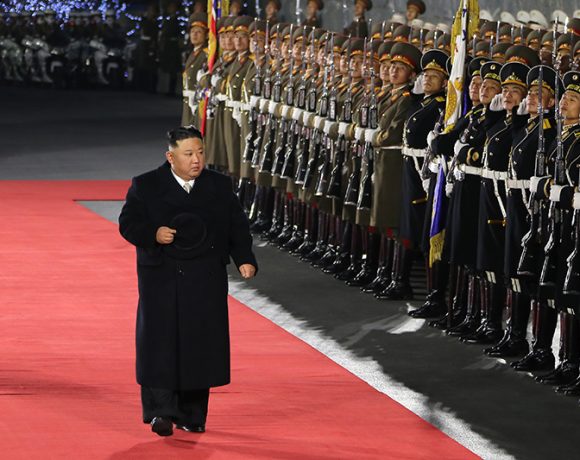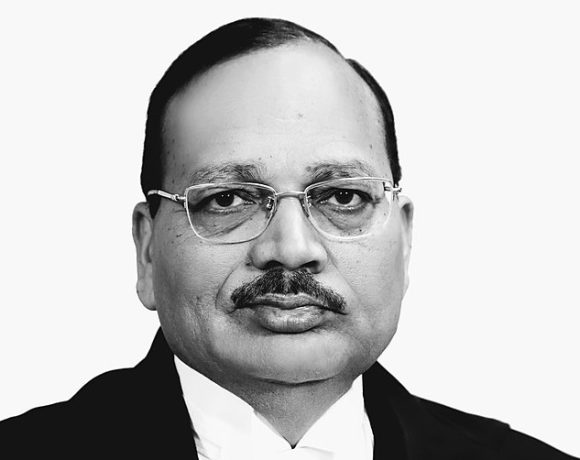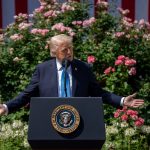
Trump’s Private Meeting with Pakistan’s Asim Munir Raises Eyebrows
U.S. President Donald Trump held a two-hour closed-door meeting with Pakistan’s Chief of Army Staff, General Asim Munir, at the White House, raising diplomatic concerns in South Asia and within sections of Washington’s foreign policy establishment. The unusually private nature of the engagement—lacking any civilian diplomatic presence from Pakistan—has led to speculation about the evolving role of military diplomacy between the two countries.
Secretive White House Lunch Raises Questions
The lunch meeting took place in the White House’s Cabinet Room and was attended only by Trump, Munir, a few U.S. officials including Senator Marco Rubio, and Pakistan’s National Security Adviser. No representatives from Pakistan’s Foreign Ministry or U.S. State Department were reportedly present, marking a departure from traditional protocol.
Observers see this as a signal of Washington’s direct line to Rawalpindi, bypassing Pakistan’s civilian leadership entirely. The optics of such a meeting, especially with Pakistan’s military widely seen as the country’s dominant power center, have triggered debate on whether it undermines democratic engagement.
Trump Credits Munir for De-escalating India-Pak Tensions
Trump reportedly praised Munir’s role in preventing a military escalation with India following recent cross-border tensions, stating that “between Modi, Munir and myself, we stopped the war.” While the specifics of the “near-war” scenario were not publicly detailed, the comment has raised eyebrows in New Delhi, where Indian officials maintain that de-escalation occurred through internal strategic decision-making and not external mediation.
India has reiterated that no third party was involved in the ceasefire decisions, suggesting discomfort with the narrative emerging from the Trump–Munir exchange.
Implications for India–US Relations
The timing and nature of the Trump-Munir engagement come as the U.S. continues to strengthen its strategic partnership with India through defense, technology, and trade agreements. However, such military-heavy diplomacy with Pakistan may complicate this alignment, especially given India’s longstanding concerns over U.S. involvement in South Asia’s internal affairs.
Further complicating matters, Munir’s interaction with Trump took place amid Pakistan’s deepening economic and defense ties with China, placing the country in a balancing act between U.S. outreach and Chinese dependency.


















